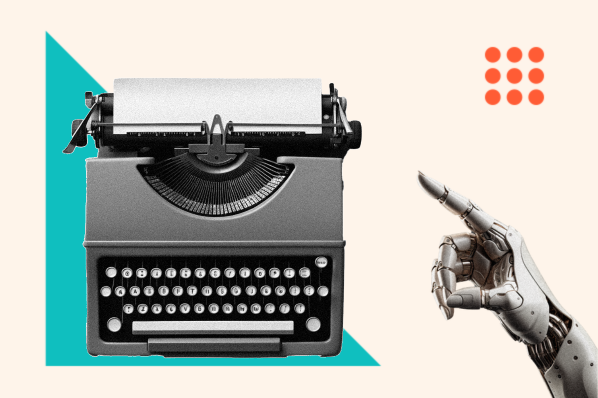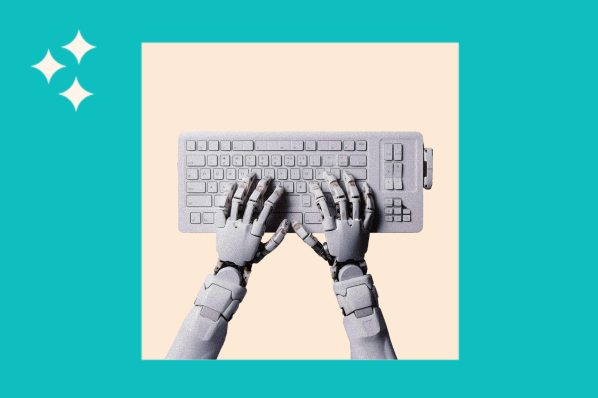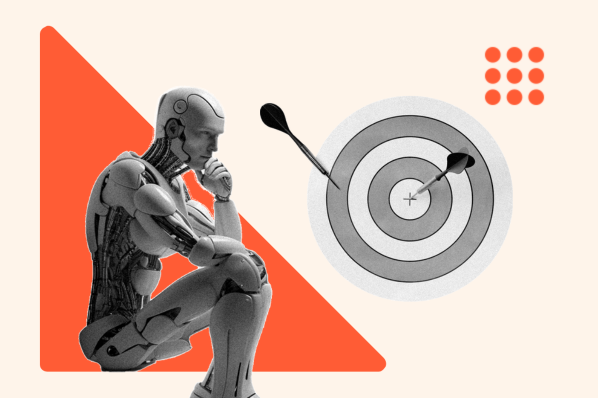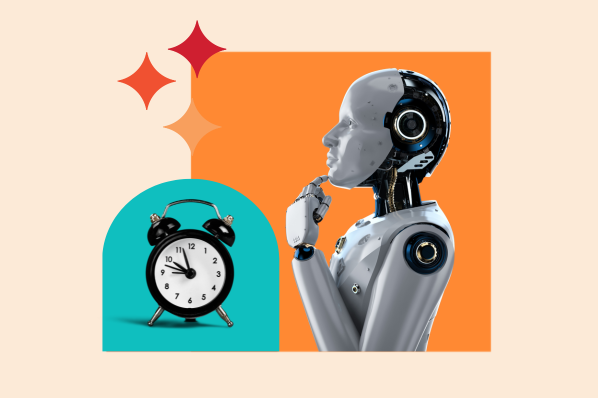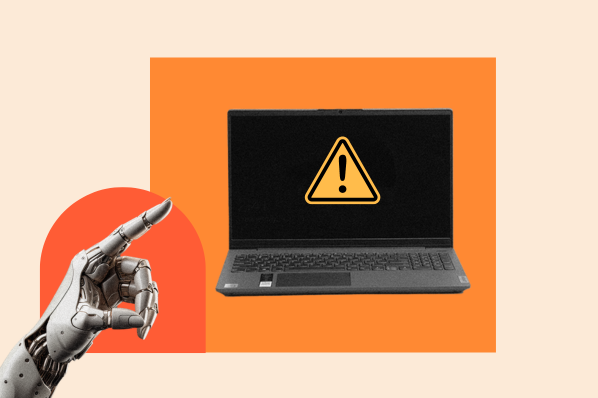According to LinkedIn’s 2023 Future of Work Report, the conversation onAI has increased by 70% from December 2022 to September 2023. Much of that conversation has been around its impact on the job market.

Despite looming fear that AI will replace jobs, many professionals (47% of those surveyed) believe leveraging the technology will help propel their careers forward. That’s probably why employees are using it at work – even if it’s not approved.
And it turns out, 74% of executives surveyed also believe that generative artificial intelligence (GAI) will benefit their employees. They’ve just been slow to provide workers with proper guidance around using it safely and ethically.
Looking at the generational breakdown, Millennials are driving the conversations about AI, followed by Gen Z. This is likely because this generation makes up most of the workforce.
But are they the ones most vulnerable to job disruption caused by AI? Turns out it’s actually Gen Zers, as many of the tasks they handle in their early careers could be replaced by AI.
Despite this, this demographic is known to be tech-savvy and embraces emerging tech, which will likely also make them the most AI literate.
The sector you’re in also plays a role in all of this. According to LinkedIn’s report, AI is most popular in the following industries:
- Professional Services (think accountants, lawyers, marketers, architects)
- Tech
- Education
Now, when it comes to specific roles, it’s no surprise that the talent having the most conversations about AI are executives and engineers.
Given the disruptive nature of this technology, execs have the crucial job of figuring out how AI will impact their company in the short and long term.
Engineers, on the other hand, have the technical skills and are likely evaluating how this new tech can support their upward mobility.
To that end, LinkedIn’s report suggests that professionals in the U.S. are showing the most interest in AI and AI-related jobs when compared to these six other countries: Australia, Brazil, France, Germany, India and the United Kingdom.
How Businesses are Investing in AI Talent
According to a New York Times article, the most popular job in the corporate world right now is an AI exec.
LinkedIn’s report revealed that the number of companies hiring a “Head of AI” position has grown nearly 14% since the end of 2022. In addition, English-language job postings that mention “ChatGPT” and “GPT” have increased 21 times in that same time frame.
The report highlights that while there is a huge demand for talent with technical AI skills – like machine learning, deep learning, natural language processing – there’s also a need for AI skills in non-technical roles.
From employers’ POV, the greatest demand for AI skills and literacy globally is in these three industries:
- Professional Services
- Financial Services
- Manufacturing
Back in August, OpenAI researcherswrote a paper estimating that 19% of workers may see at least 50% of their tasks impacted by AI. However, a recent MIT study found that it won’t be so easy and affordable to automate tasks.
While we can expect AI to replace some jobs, the study suggests that shift will be much more gradual than we initially expected.
How AI Will Change Our Skillset
One question every worker has probably had is, “Do I need to get some AI skills?” Well, according to LinkedIn’s report, yes, if you want to be on the safe side.
They estimate AI will disrupt or augment roughly 55% of LinkedIn members’s jobs – making up around 550,000,000 users. What’s more, the report suggests that the skillsets needed for jobs will change by over 50% by 2030.
As for the industries most vulnerable to this disruption, it’s a tie between professionals in technology, information, and media spaces and those in retail.
If you work in the wholesale, financial services, and professional services industries, you’ll also likely experience some disruption.
So much is uncertain about the job market, but what we do know it's constantly changing and AI will be one of the main drivers in 2024.


